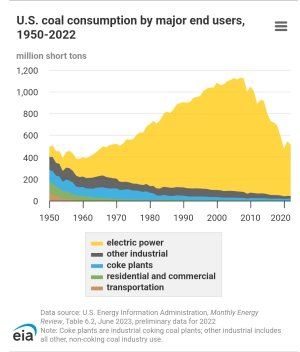Tree Spud
5 year old buck +
Just curious why should the taxpayer provide their hard earned money so someone in an industry that didn’t work out gets to further their education? This is the type of tax payer waste that should get cut out. And I’m not just picking on this, there’s billions that should not be my or yours or Brian’s burden. We could reduce our person tax liability by huge percentages if we cut out the bailouts and handouts.
Easier said than done I suppose though.
You are absolutely correct. People should be responsible for paying the cost of their own career development and training. That is the only way they will have skin in the game and take it seriously.
Problem is, with many of these industries (steel, auto, paper, etc.) where Unions have inserted themselves, workers are conditioned to believe that their future will be taken care of by someone else. I know a lot of people in my hometown that had to learn that lesson the hard way.
They got the golden job at one of these factories right out of high school, usually because of their dad or buddy (good ole' boy system). Then the the job/factory disappeared, and were captives of the union mentality, they had no clue what to do. Some had developed transferable skills such as welding, pipe fitting, electrician, etc., but many were earning way beyond their skill set.


